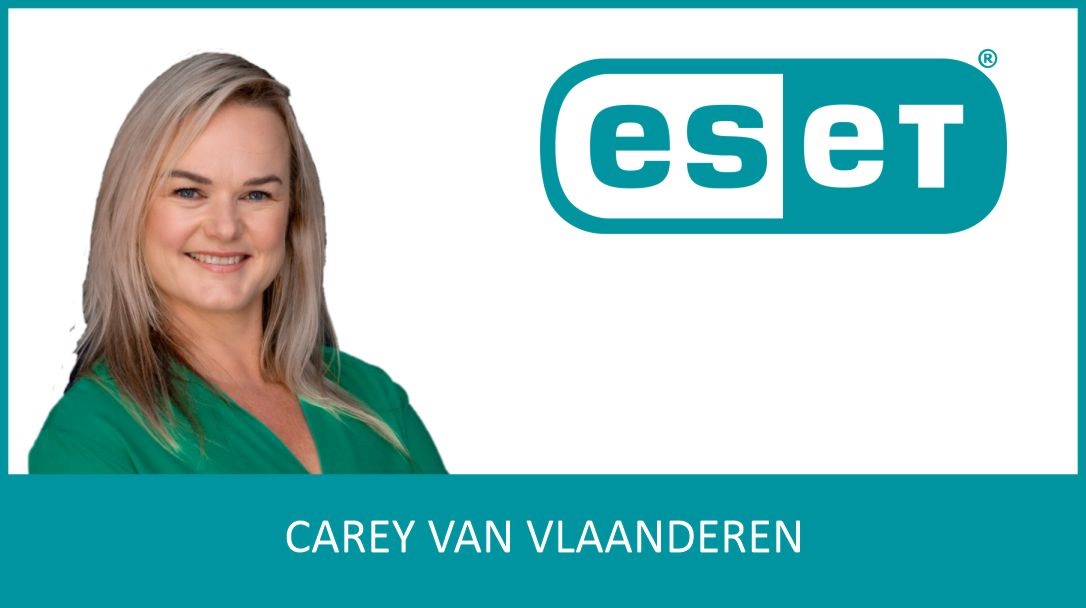Shiksha Benimadho, Accenture Development Partnerships and Talent & Organisation Lead for Africa
Artificial intelligence (AI) and robotics are no longer abstract concepts in South Africa’s business community. They are here, changing how industries operate and reshaping workforce expectations. Studies show that the next frontier is not about replacing humans with machines, but about designing a Human+ workforce—one that combines the strengths of human creativity and adaptability with the precision, scale, and speed of digital and robotic agents. For South African executives, this presents both opportunity and challenge.
Across sectors, there is a quiet but accelerating shift towards automation. South African banks, for instance, are deploying AI-powered chatbots to manage customer service, reduce waiting times, and free up staff for higher-value work. Mining companies, traditionally reliant on intensive human labour, are piloting robotic inspection systems to reduce safety risks in deep-level mines. Even in agriculture, AI-driven drones and sensors are being tested to optimise crop yields, helping farmers mitigate the effects of erratic weather patterns linked to climate change. These are not experiments for tomorrow—they are operational realities today, influencing decisions on cost, risk, and workforce planning.
The South African context, however, adds layers of complexity. Unemployment remains stubbornly high, sitting above 32% in the first half of 2025, with youth unemployment still exceeding 43%. Against this backdrop, conversations about automation inevitably raise concerns about job losses. Business leaders need to acknowledge this tension while also recognising that AI and robotics, when applied responsibly, can unlock new types of work and stimulate growth. The challenge lies in balancing efficiency with social responsibility, ensuring that technology augments rather than sidelines human potential.
Our research— Humans, AI and Robots – the economics of reinventing work and the workforce—highlights that blending human and machine work is not universally beneficial. In areas where AI decisively outperforms humans, such as pattern recognition or classification, autonomous systems may be more effective. Conversely, where human judgement, empathy, or creativity are crucial, augmentation works best. For South African businesses, this means mapping functions carefully. In healthcare, AI tools are already assisting radiologists by flagging anomalies in scans, but the ultimate diagnosis still requires a doctor’s expertise. In retail, automated warehouses can handle inventory management, but human staff remain central to customer-facing interactions.
Economically, the integration of AI and robotics compels a rethink of business models. Local firms are already experimenting with different pricing structures for AI-driven services. Some financial institutions are testing outcome-based models, where costs are tied directly to the results delivered by AI systems, such as fraud detection success rates. Others prefer subscription-style arrangements for predictability. For businesses under pressure from rising electricity tariffs and fluctuating logistics costs, the ability to calibrate technology investments against return on invested capital is a differentiator. Leaders who understand not only the capabilities but also the economics of AI adoption will be better positioned to extract value without eroding margins.
Yet technology adoption is not only about costs and profits. It has profound implications for workforce skills and societal equity. South Africa’s education system already struggles to produce enough graduates with advanced technical skills, particularly in STEM fields. Without urgent investment in reskilling and upskilling, there is a real risk of widening inequality, where a small segment of the workforce thrives in high-tech roles while many are excluded from meaningful employment. Encouragingly, initiatives are emerging to close this gap. The Department of Higher Education and Training has begun partnering with private sector players to expand digital skills academies. At the same time, multinational firms operating in South Africa are leveraging global capability centres to provide training not only for their own staff but also for local small businesses that form part of their supply chains.
Trust remains central. Recent surveys of South African executives suggest that while optimism about AI’s potential is high, concerns about bias, data security, and governance persist. This reflects global findings, where leaders emphasise that the full benefits of AI will only be realised if the technology is deployed transparently and responsibly. For businesses in South Africa, building this trust is particularly important given historical inequalities and sensitivities around fairness. Ethical frameworks must therefore move from theory into practice, guiding not just compliance but everyday decision-making in recruitment, performance evaluation, and service delivery.
The pace of change is another pressing consideration. Unlike previous industrial shifts, today’s wave of AI and robotics is unfolding at unprecedented speed. South African companies that wait for regulatory clarity or perfect certainty risk falling behind. Consider logistics: global competitors are already deploying AI-powered digital twins to simulate warehouse operations, dramatically reducing inefficiencies. If local logistics providers do not adopt similar innovations, they may find themselves outpaced by multinational entrants who can offer faster, cheaper services. The same applies to financial services, where fintech disruptors using AI-driven risk models are expanding access to credit at lower cost. Incumbent institutions cannot afford complacency.
Despite these risks, there is a unique opportunity for South Africa to leapfrog. With its dynamic entrepreneurial ecosystem, the country can become a testbed for AI applications that address distinctly local challenges. In healthtech, AI-driven mobile platforms can expand access to rural patients who struggle to reach urban clinics. In education, adaptive learning platforms powered by AI can help bridge gaps in under-resourced schools. In agriculture, combining robotics with indigenous knowledge could offer sustainable solutions to food security. These examples illustrate that the Human+ workforce is not only about corporate profit but also about broader societal benefit.
For business leaders, the imperative is clear. AI and robotics should not be viewed as a future inevitability but as a present strategic choice. The question is not whether to adopt, but how—and at what pace—to ensure both competitiveness and social impact. Those who invest in thoughtful integration, who reskill their people, and who design with responsibility at the centre, will not only improve their bottom lines but also contribute to a more resilient South African economy. The art of the possible is already here; what matters now is how decisively and responsibly we act.
ENDS

























































































